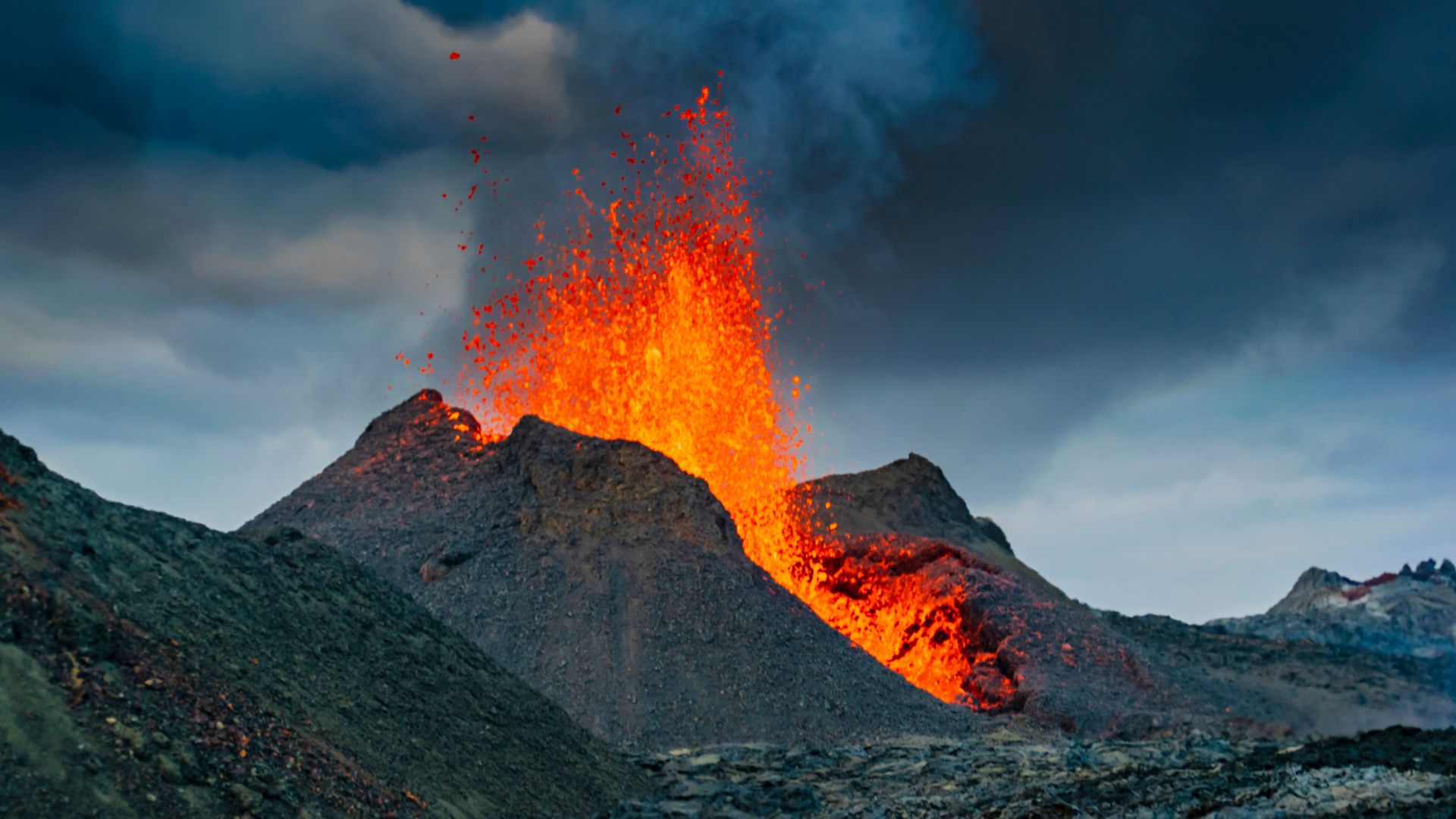El Salvador, the first country in the world to adopt Bitcoin as legal tender, has also used its geothermal resources to mine 474 Bitcoin in the past three years.
According to the country’s “Bitcoin office,” a state-approved department, the government’s holdings of Bitcoin have reached 5,750, roughly $354 million at current prices.
In 2021, President Nayib Bukele boldly passed a law in El Salvador that gave Bitcoin the same legality as the United States dollar, its official currency.
Interesting Engineering has earlier reported how the government enticed its residents by giving away $30 worth of Bitcoin to anyone who created a digital wallet to transact with the cryptocurrency.
A year later, the experiment seemed to have failed miserably since estimates suggested that a mere 14 percent of users were using Bitcoin as a currency.
Nevertheless, the Bukele government maintained its faith in Bitcoin, and even as the cryptocurrency market crashed, it kept purchasing the cryptocurrency and mining it.
Bitcoin problems
While revolutionary, El Salvador’s move drew the ire of multiple financial bodies, including the International Monetary Fund (IMF). The cryptocurrency has no formal issuing authority, and its value fluctuates greatly.
For environmentalists, Bitcoin as a currency is too energy-intensive. To maintain public records of the crypto coin’s transactions, a public ledger or blockchain is maintained, and to write transactions onto this blockchain, one needs to solve complex calculations using advanced chips and GPUs.
Since fossil fuels provide the bulk of energy demand, this energy-intensive work increases carbon emissions, warming the planet.

Power of the volcano
El Salvador had a more environmentally friendly solution to this problem. The Land of Volcanoes used its best asset, its geothermal energy, from the Tecapa stratovolcano in the country’s center to power Bitcoin operations.
The volcano’s total output is around 102 MW, and the Bukele government has set aside 1.5 MW of energy for Bitcoin mining operations. A set of 300 processors harnesses the green energy from the volcano to write transactions on the blockchain, earning rewards in return, a process referred to as mining.
So far, the country has mined 474 such Bitcoin, whose current market value is close to $29 million. As the cryptocurrency market looks set to return, the holdings are expected to increase in value in the near future.
The approach demonstrates an environmentally friendly way to work with cryptocurrencies without destroying the planet, at least on a small scale.
Interestingly, the Bukele government is also keen to demonstrate how this could work at a larger scale with its plans to build a Bitcoin City. With 20 volcanoes currently active in the country, El Salvador has vast reserves of geothermal energy it can tap into immediately.
Experts suggest that Bitcoin propels the accelerated exploration of green energy resources more than the green energy supporting Bitcoin usage. As more wind and solar farms come online, Bitcoin operations could buy their excess energy.
The report also contains information that appeared in Reuters, Recharge News.
ABOUT THE EDITOR
Ameya Paleja Ameya is a science writer based in Hyderabad, India. A Molecular Biologist at heart, he traded the micropipette to write about science during the pandemic and does not want to go back. He likes to write about genetics, microbes, technology, and public policy.




